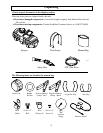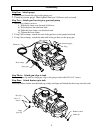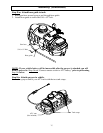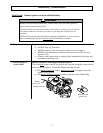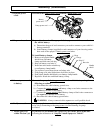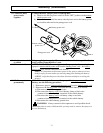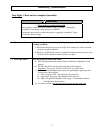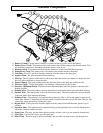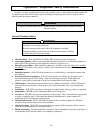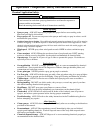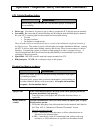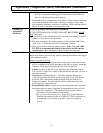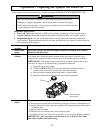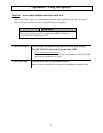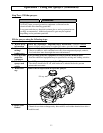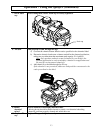
Operation – Important Safety Information
16
Now that you have completed and tested your assembly, there is some important safety and health
information you need to know with regard to handling and spraying chemicals, as well as vehicle
handling with the sprayer attached.
WARNING
Carefully read and make sure you understand the following safety information before
using the sprayer.
General Chemical Safety:
WARNING
Pesticides are hazardous chemicals.
Heed the warnings below and follow all instructions carefully.
Improper handling of chemicals can result in serious injury or illness,
or cause damage to the environment.
• Chemical label. ALWAYS READ and FOLLOW all chemical label instructions.
• Li cen sing/re gulation. Refer to any applicable licensing restrictions or state/federal regulations
with regard to the application of the particular chemical you plan to use.
• Emergency procedures. Before handling chemicals, carefully review the “Chemical Accident
Procedures” listed later in this section, as well as the “Statement of Practical Treatment” on the
chemical label.
• Inhal ation/contact. ALWAYS take precautions to avoid inhaling or coming into contact with
the chemical.
• Personal protective e quipment. ALWAYS wear protective clothing, eye protection, and
chemical-resistant gloves when filling, using and cleaning the sprayer. Wear additional
protective gear (such as facemask or apron) as recommended on the chemical label.
• Children/pets. Pesticides can be especially toxic to children and animals. ALWAYS exercise
extra caution around children. Keep sprayer and all spray materials away from children and
animals.
• Ventilation. ALWAYS ensure there is adequate ventilation when mixing, pouring, or spraying.
• Fl ammables. NEVER use any flammable chemicals in the sprayer.
• Corrosives. DO NOT use corrosive chemicals in the sprayer. They can weaken the sprayer and
its parts, resulting in leaks. Check with the chemical manufacturer to ensure chemical is
compatible with all components of the sprayer.
• Chemical interaction. ALWAYS flush the sprayer before switching chemicals. Different
chemicals may interact dangerously with each other.
• Chemical storage. ALWAYS store pesticides in a properly labeled container and in a secure
location per the manufacturer’s recommendations.
• Health monitoring. Monitor the health of operators who are frequently exposed to pesticides, as
recommended by the chemical label or local/federal regulations.



